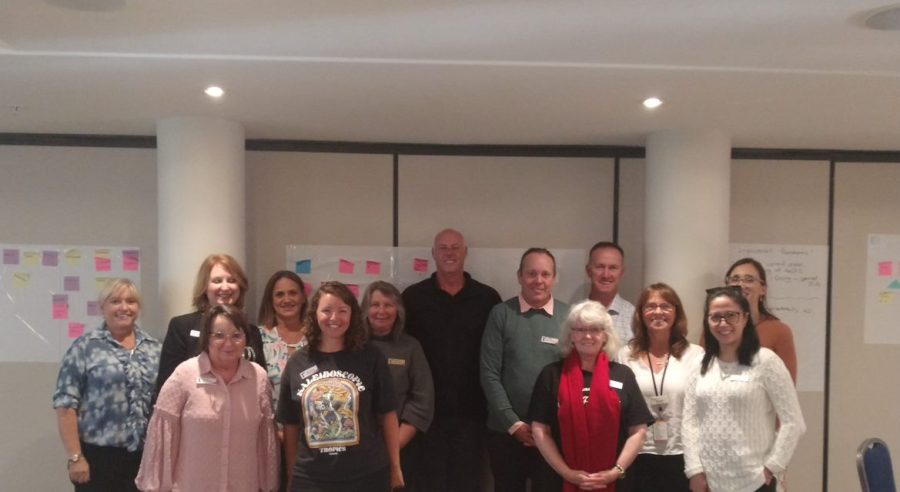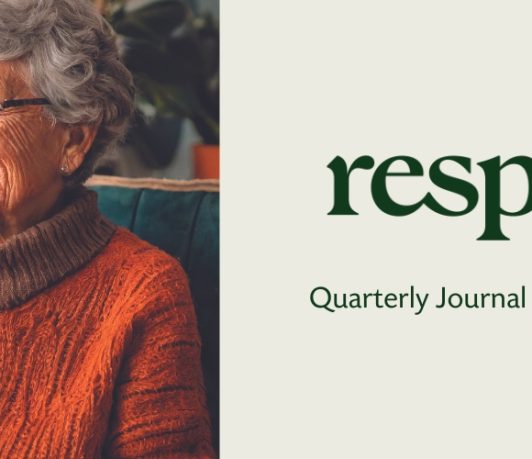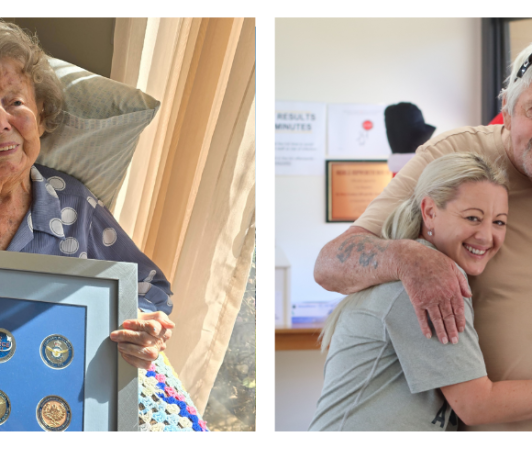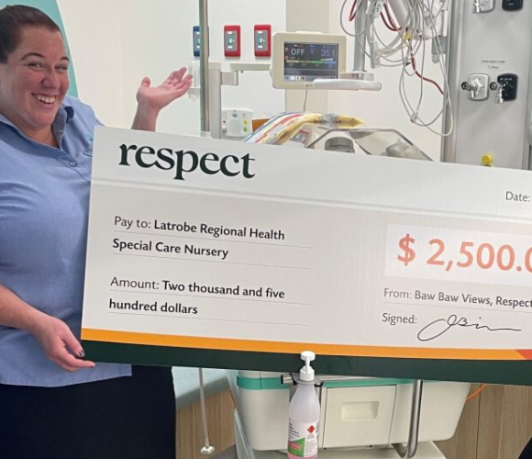New Initiative Driving Innovation the Respect Way

Several Respect leaders recently enjoyed the opportunity to take part in a new professional development opportunity focused on providing them with unique leadership and problem-solving tools to help lead change, and drive innovation, to further improve the care provided to residents.
The course – called Respect Way Lean Leadership – aims to empower Respect staff to recognise opportunities for improvement and support them with the necessary tools to solve problems and continuously improve. Participants take these skills back to their teams, share knowledge, and apply the approach in their homes when faced with specific operational challenges.
In April and May, participants from diverse teams and areas across Respect met in Tasmania for a two-day workshop, which included several simulation exercises focused on defining the types of challenges experienced by team members on a day-to-day basis, and understanding the tools that can be employed to investigate solutions.
Ana Van Der Merwe, Respect’s Continuous Improvement Lead, is driving this initiative and says it will help give Respect team members, especially frontline staff, the confidence and skills to face challenges head-on and enact positive change through on-the-ground innovation.
“I feel extremely fortunate to have this opportunity to collaborate with teams at several of our homes,” she says. “Bringing about meaningful change for our residents and staff can only truly happen at our homes, where the work closest to our residents happens.
“Respect Way is not something additional to do, it is an approach to listen and empower all of our staff to recognise opportunities for improvement. It provides tools and support to continuously solve problems and improve processes, so that the care and services we provide residents is endlessly progressing.”
Ana says participant feedback has been extremely positive and all those involved are looking forward to applying key learnings to specific areas of focus.
“Each participant has been assigned a focus area relevant to their home, with the view to lead a team of staff to investigate and deliver meaningful change,” she says.
“The focus areas must have a direct or indirect impact on the care and services we offer residents. Impact in this context means improving the safety, quality, timeliness, efficiency, and or the experience of our care and services.”
Some examples of focus areas include improving the effectiveness of the clinical handover process, the detection and prevention of urinary tract infections, and the resident dining experience.
Brett Menzies, Respect’s Chief of Residential Aged Care, added: “The thing I love about the Respect Way is that it places our staff at the centre of problem solving and relates directly to the work they do everyday resulting in better outcomes for our residents”.




